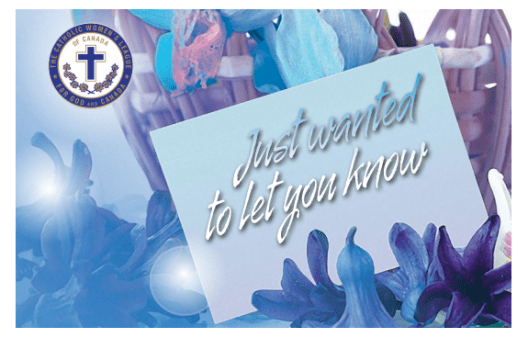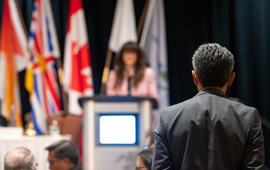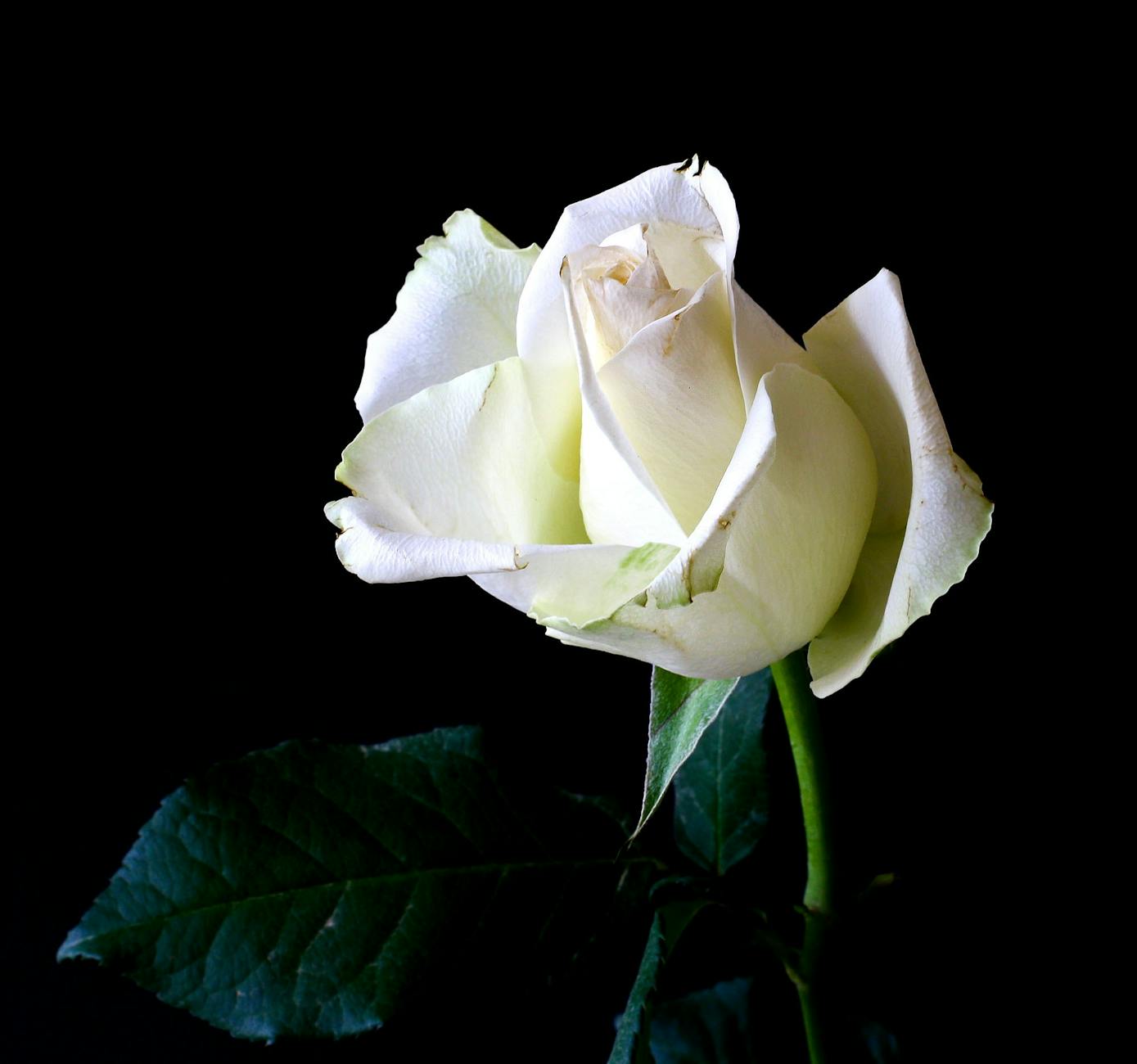I just heard from my contacts at ACEC-BC about opportunities to participate in inclusion research with the University British Columbia. Here’s what I received today:
Please share these opportunities with anyone in your organization and networks who may be interested in participating.
Project RISE: Inclusive Innovation Research 
Project RISE invites you and a research partner to take part in an innovative, federally funded gender equality research project on advancing inclusion in the workplace. In volunteering to participate in the virtual study, you will learn evidence-based strategies for promoting a culture of inclusion for all people working in science, technology, engineering, and math (STEM) fields. For more details about time commitment, data privacy, and participants’ rights, please see the consent form in the sign-up survey (Volunteer Sign-Up) or the FAQ (Link).
In addition to seeking volunteers for the scheduled workshop pair, the Project RISE team is also seeking additional organizational partners to participate in the (free of charge) virtual study. If your organization is interested in participating or if you would like to recommend an organization to participate, we would appreciate hearing from you! Please email rise@psych.ubc.ca.
UBC Research: Immigrants’ Professional Impacts in the Engineering Profession 
UBC is looking for individuals to participate in a research project looking at the impacts on the profession of immigrant engineers. They are looking for immigrant engineers who have contributed to significant changes in a number of areas within the profession including policy change, managerial practices, innovation, entrepreneurship, and professional education. Attached is a document with more information.
Regional Engagements Sessions for Indigenous Leadership in Technology: Understanding Access and Opportunities in BC
The First Nations Technology Council, in partnership with the Information and Communications Technology Council and Reciprocal Consulting is working on a first-of-its-kind project, called “Indigenous Leadership in Technology: Understanding Access and Opportunities in BC.” Through research and engagement with Indigenous peoples and communities, and technology and technology-enabled industry employers, we are seeking to increase Indigenous participation in technology and innovation and better understand the actions, resources, and supports that are needed for Indigenous peoples and communities to gain access to, and maximize opportunities in, the digital age. A number of virtual regional engagement sessions are scheduled to be held over fall 2021 to workshop topics and themes that have emerged from our research. For more information visit: www.technologycouncil.ca/ILIT






 I am saddened, today.
I am saddened, today.